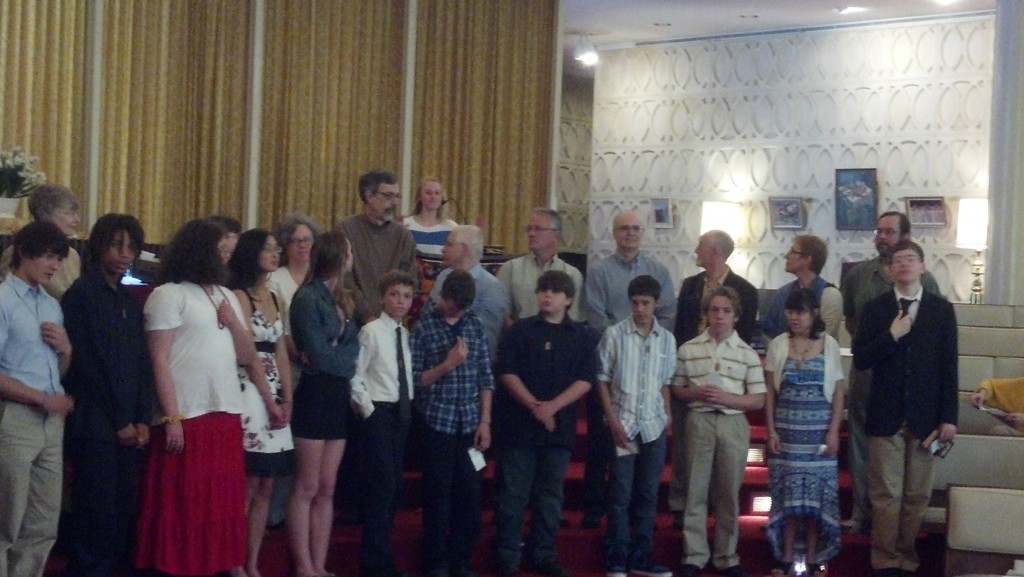There were two GE jobs available locally at my level and function, both at GE Plastics (which no longer exists either; sold off in pieces to SABIC and Momentive, respectively); one at the Selkirk location; and the other at the Waterford location. My site HR Manager and mentor, Tom, ensured that I was a candidate for both jobs.
I interviewed at Selkirk first. I liked the team and the work they were doing. When I returned to my office at GE Aerospace from the interview that day, I wanted to send each of them a thank-you note. Since I had introduced using PROFS email to distribute a now-crude electronic version of the weekly employee newsletter at my site (a precursor to Microsoft Outlook, which my dying business could not afford to purchase), I wanted to walk the talk of my innovation. So I sent each member of the interview team a thank-you note via PROFS, which was unheard of back then. Interview etiquette firmly dictated hand-written snail-mail thank-you notes.
The site Recruiter responded within the hour, informing me that they had hired an internal candidate and thanked me for interviewing for the position. I was annoyed. Clearly, they had already made their hiring decision before my interview, and I was interviewed to merely fulfill their EEO requirements. I shared my frustration with my immediate supervisor, Chuck. "Those who live by the sword, die by the sword," he grinned. "That's the risk you take with email communication." While I was eventually hired by the Waterford site - less then one week before the end of my WARN period - Chuck's observation always stuck with me, even to present day.
Now, I have performed my English-major rant in prior posts about typos in emails, which invariably cost job candidates and vendors both potential jobs and new customers. Recently, however, the typos have achieved a new level of failure through imprecision.
In the last month, I have received 3 emails with typos in the email address itself. So when I referred back to an email and clicked on the email signature to send a fresh email in response, the recipient never received my return email due to the typos in their email address and I received a mail delivery failure message from their email system. I helped the first one out because the guy fired great on all of the rest of his cylinders; he had transposed letters in his own name in his email address. I gave up on the other two email address typos: basically, it was too much work and too annoying to compensate for someone else's lack of attention to detail. If their prospecting emails caused this much work and aggravation: how would it be to work with them every day?
Wondering why you may not have heard back from that job application or that new customer prospect? Proof your email address, please. And everything else you send out in the email, while you're at it. It can only help support your success.
